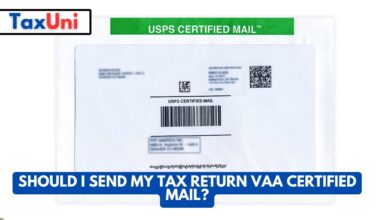HECM Loans
HECMs are government-insured loans for borrowers 62 or older. HECM borrowers are still responsible for paying property taxes, homeowners insurance, and home maintenance.

A Home Equity Conversion Mortgage (HECM) loan is a federally insured reverse mortgage for homeowners over the age of 62 that allows them to convert some of the equity in their home into cash. HECM Loans are the most popular type of reverse mortgage available, and it offers a number of advantages for retirees who need extra income in retirement. It also has unique protections for borrowers and their heirs, making it less risky than other types of reverse mortgages. Borrowers can use the proceeds of a HECM to pay off existing debt, supplement their income or make home improvements. They must continue to pay property taxes and homeowners insurance and maintain the home. They can choose to repay the loan in a lump sum, through monthly payments, or as a line of credit. There are no repayment penalties, and the borrowers’ names remain on the title of the home.
A HECM is the only government-insured reverse mortgage, and it is one of the safest ways to access the equity in your home. However, it is not without its risks and costs. It’s important to compare the options available before deciding which is best for you. Attending a counseling session before applying for a HECM is also essential. The counselor can clarify your financial plan and connect you to additional resources.

Who is Eligible?
There are several requirements to qualify for a HECM loan, including the borrower’s age and property eligibility. In addition to these requirements, the borrower and his or her spouse must attend a HUD-approved counseling session. The counselor can clarify financial plans, advise, and connect borrowers to additional resources. Borrowers can choose from multiple payment options, including a single disbursement lump sum, monthly payments, or a line of credit. Lenders charge an origination fee at closing and third-party charges such as title search and insurance, surveys, inspections, and recording fees.
A HECM is usually less risky than a conventional mortgage or home equity loan because it’s insured by the federal government and offers several protections for borrowers. However, borrowers should be aware that the equity in their home could decrease as they use the proceeds of the loan, and the heirs will take on any debt if the borrower fails to meet certain requirements.

HECM Loan Limits 2025
Each year, the Federal Housing Administration (FHA) sets the maximum amount of money that can be borrowed in a reverse mortgage loan. The limit is determined based on home prices in a given area and can vary by region. This year, FHA raised the HECM limit to $1,089,300. The increase is a welcome development for seniors looking to tap into their home equity. In the past, limits have been lower. This increase marks the first time a reverse mortgage will allow for loan amounts exceeding $1 million. It is a reflection of the steep increases in home prices that have been seen in recent years.
The new HECM loan limits also make the loan more attractive for borrowers, especially at a time when interest rates are rising and eating away at homeowners’ available equity. In addition, HECM line of credit growth rates are currently some of the highest they have ever been. However, borrowers should consult a true reverse mortgage professional to learn more about the available programs. Jumbo reverse mortgages, for example, have loan limits that surpass the HUD loan limits and may be an excellent choice for borrowers with high-value homes. It is important to understand how these programs differ from HECMs in terms of upfront and ongoing costs, loan-to-value ratios, interest rates, and borrower requirements.





